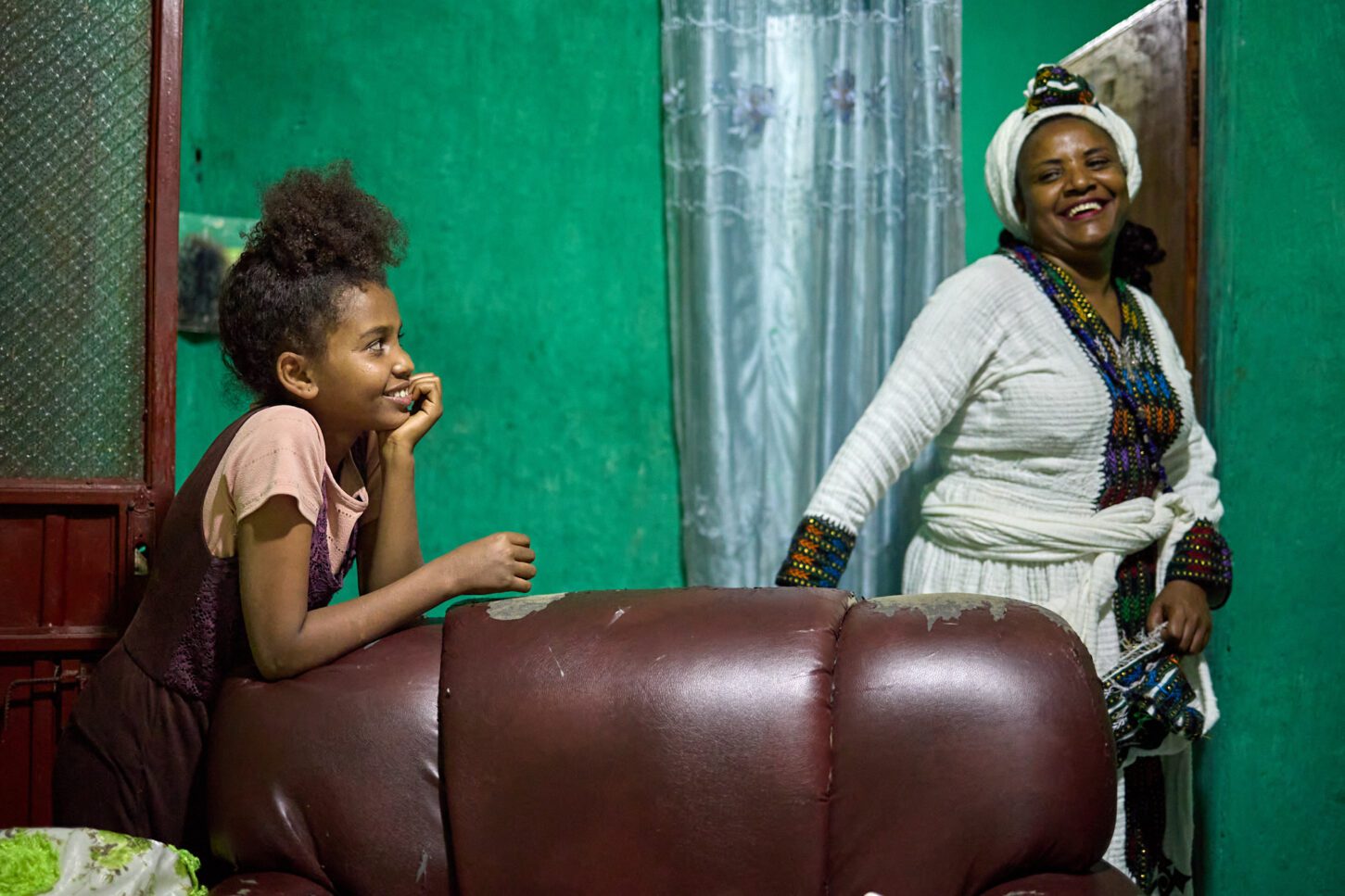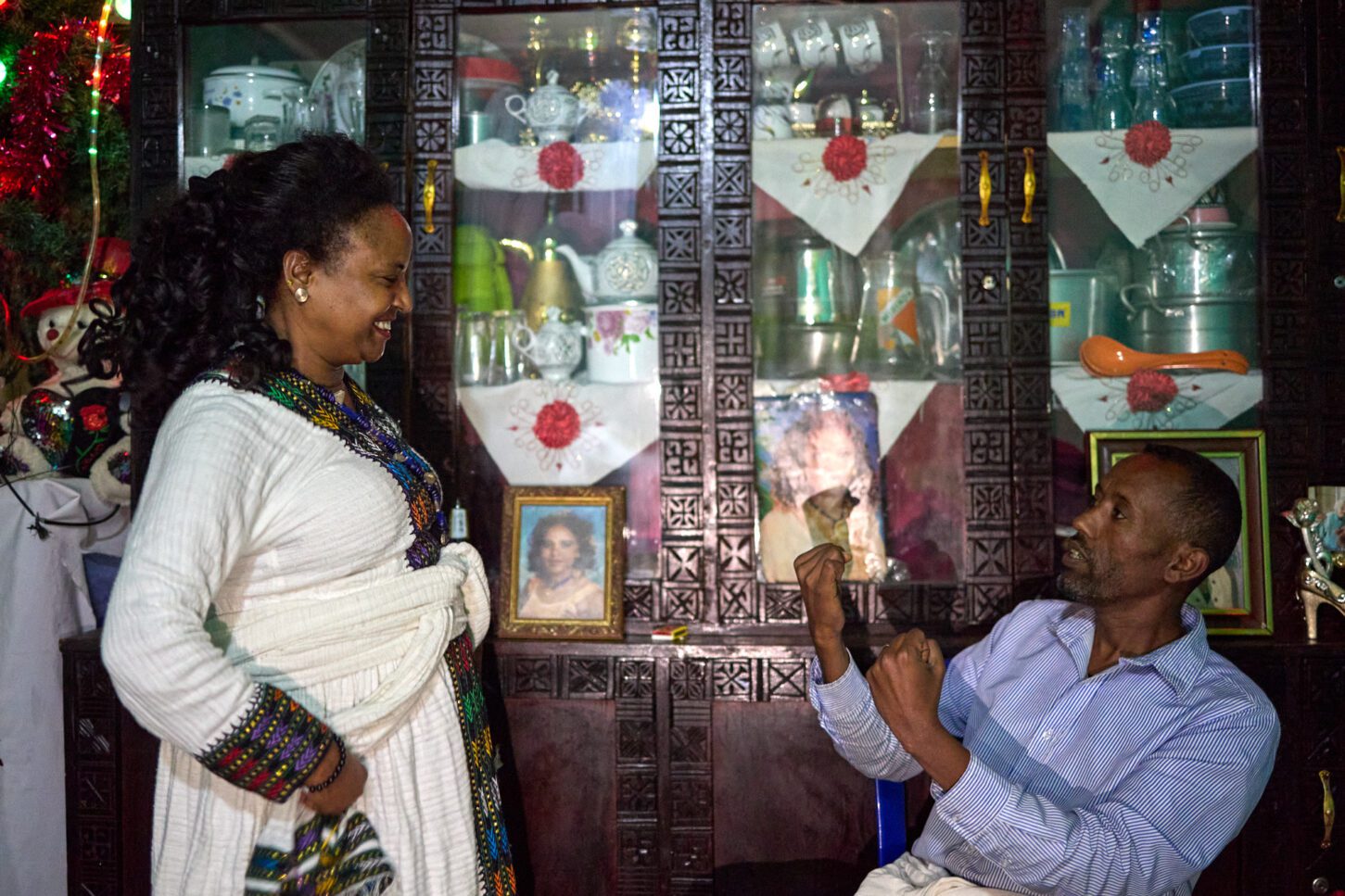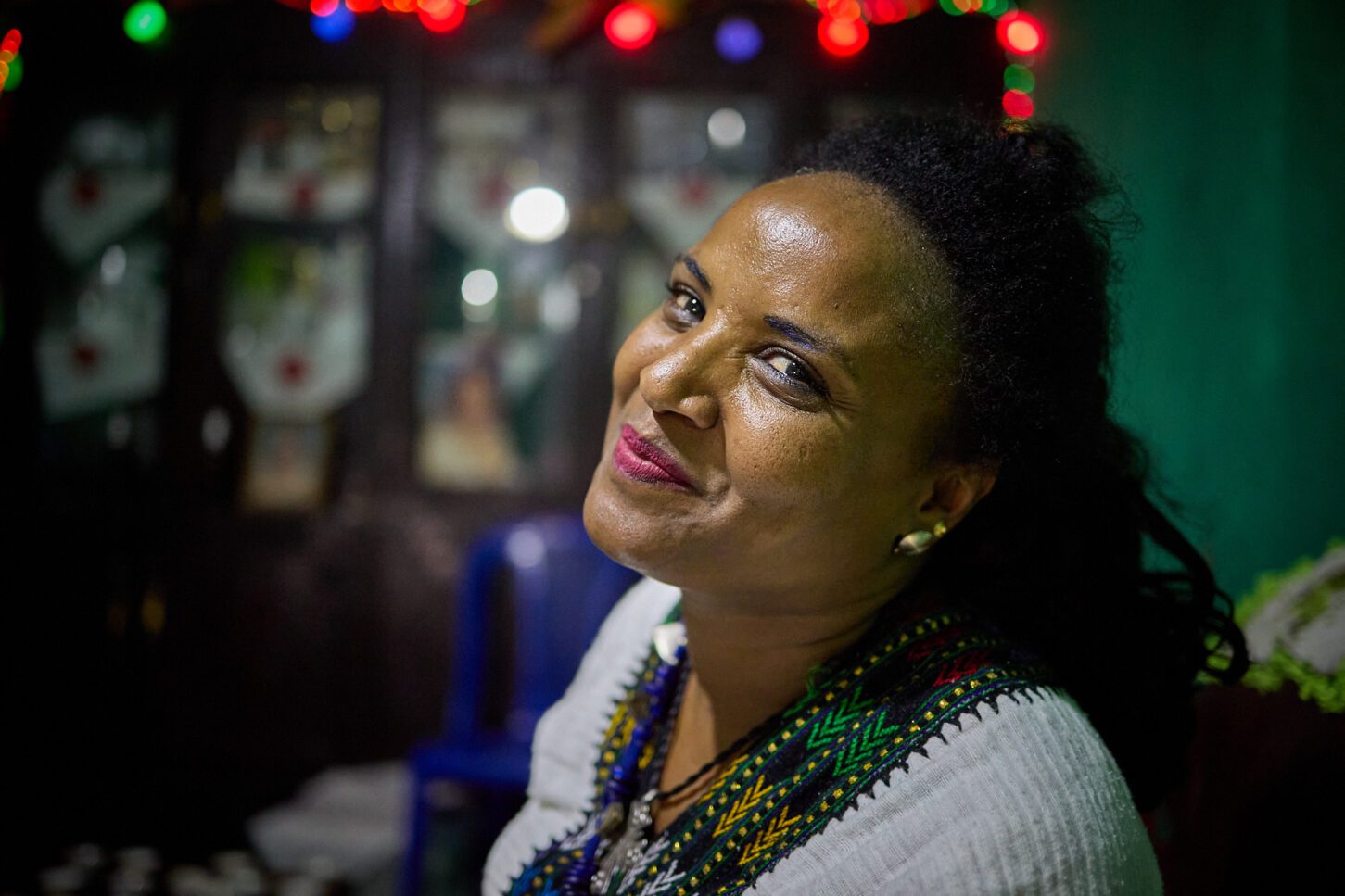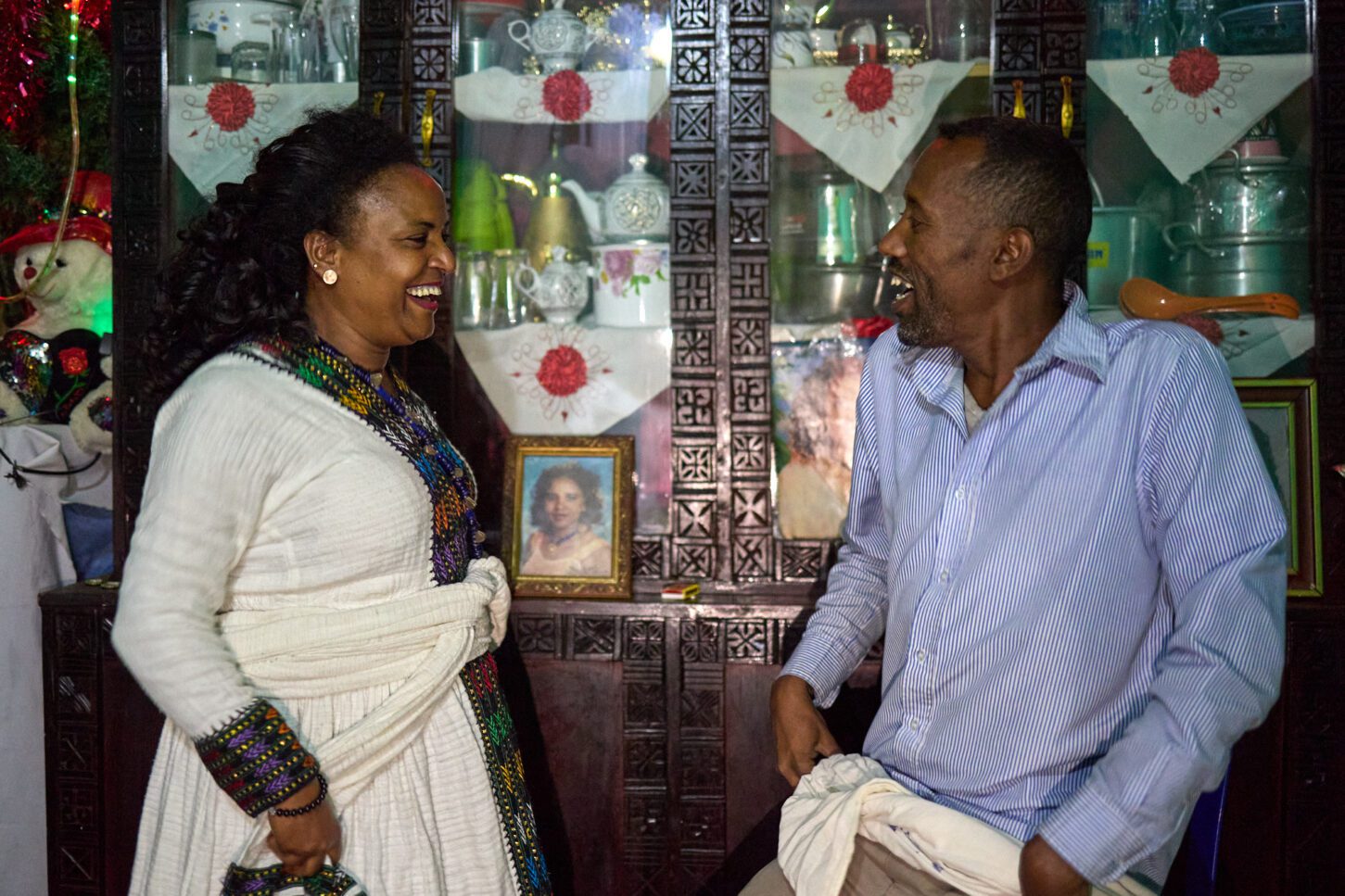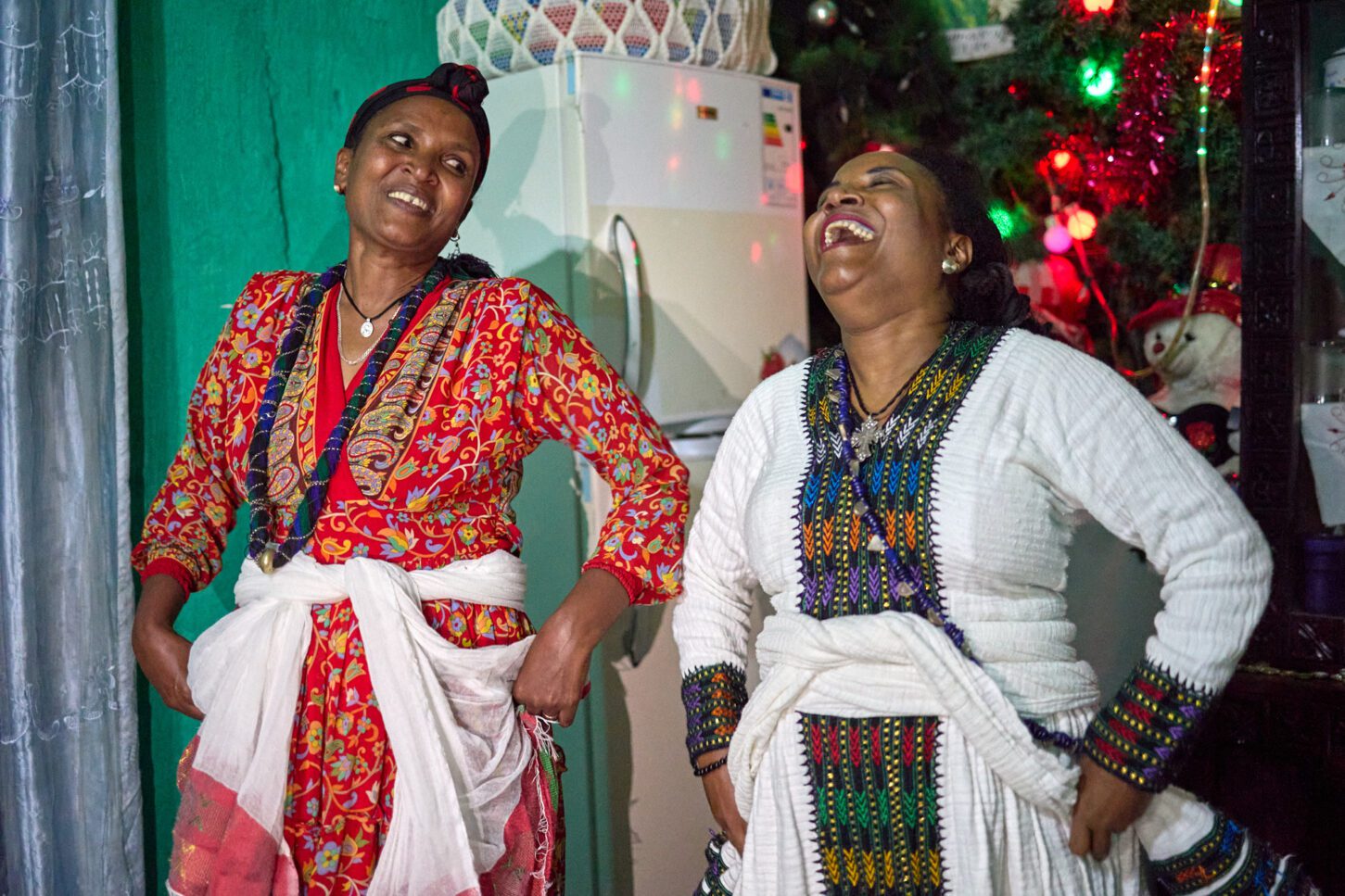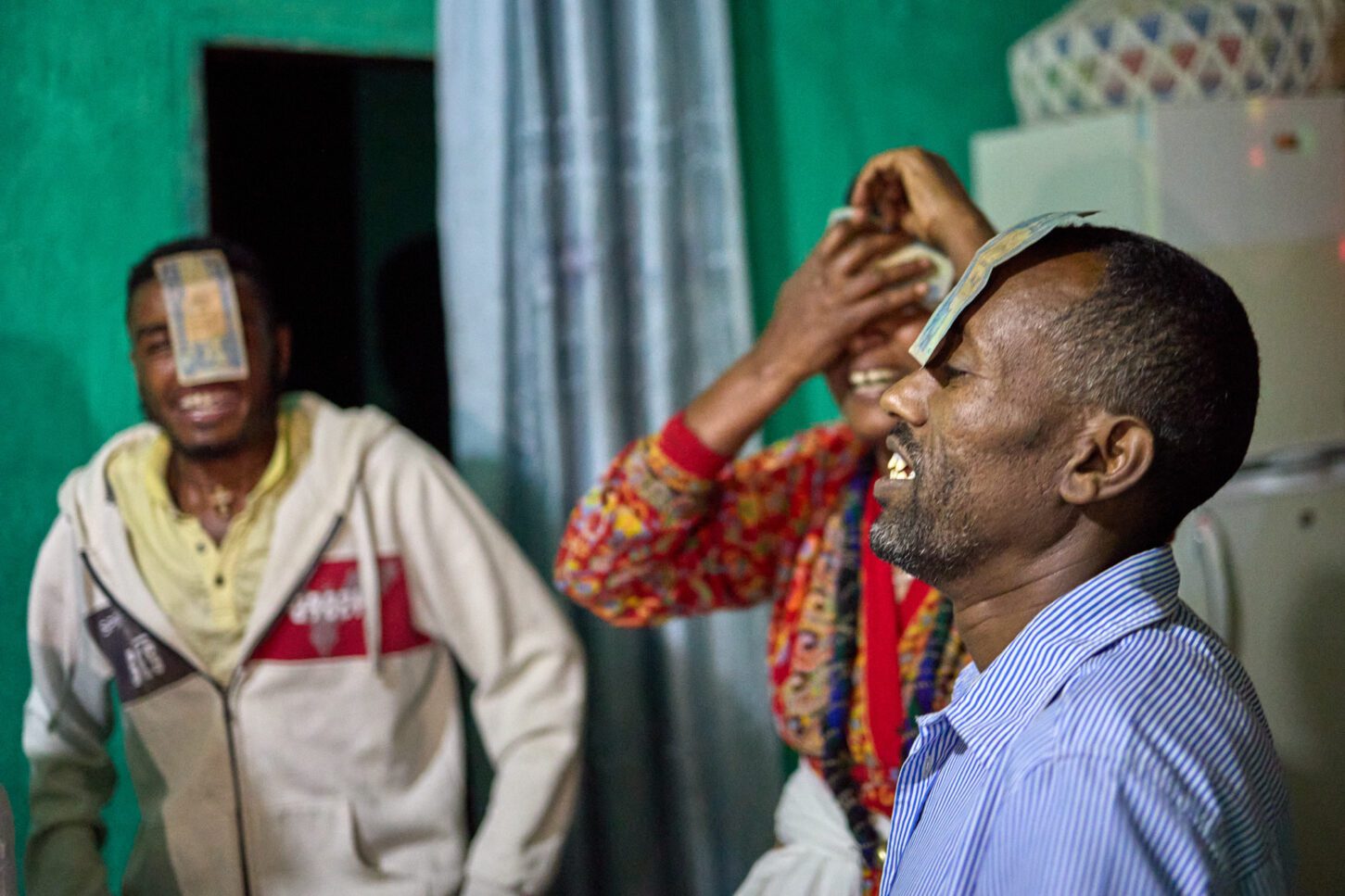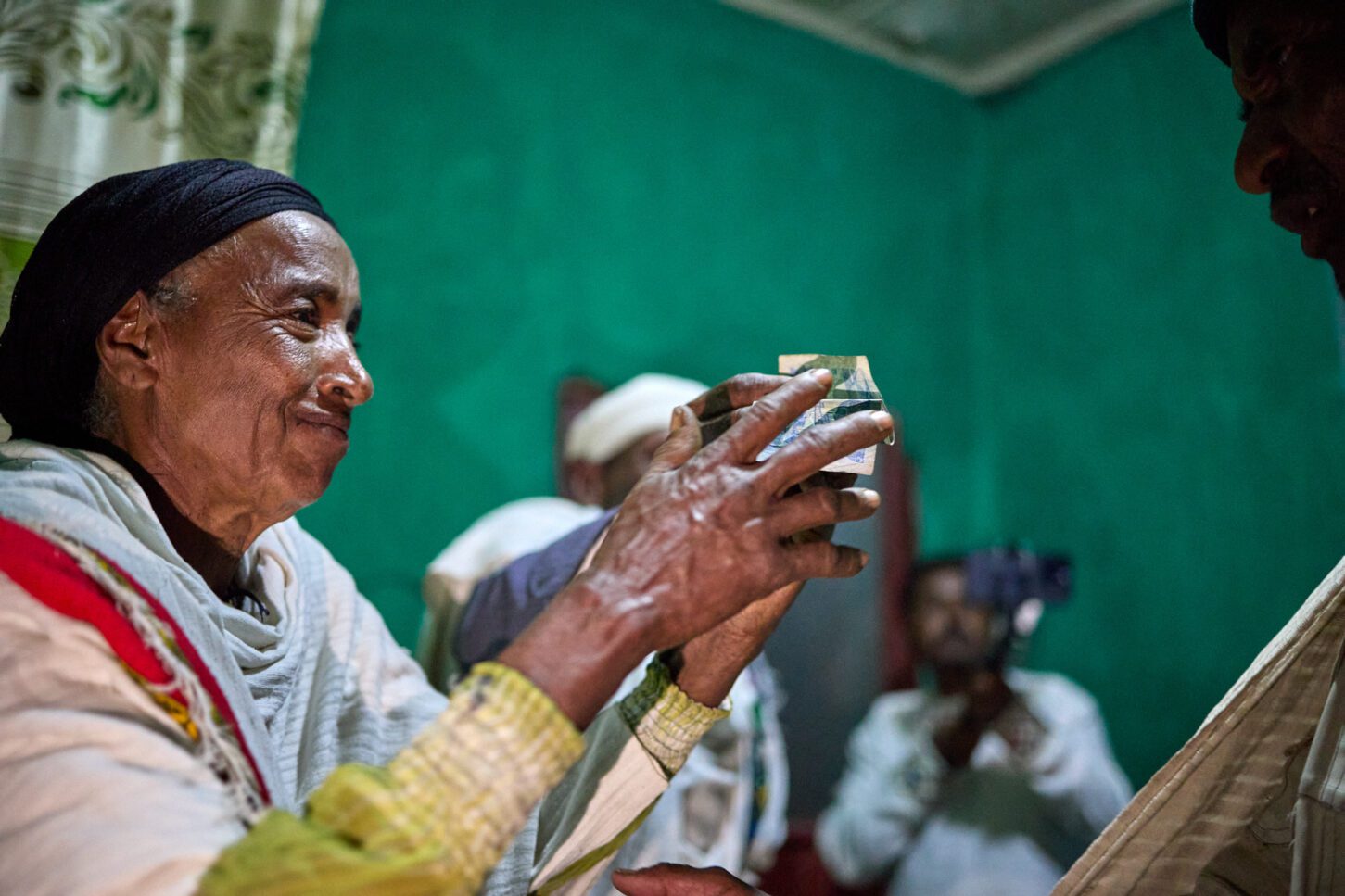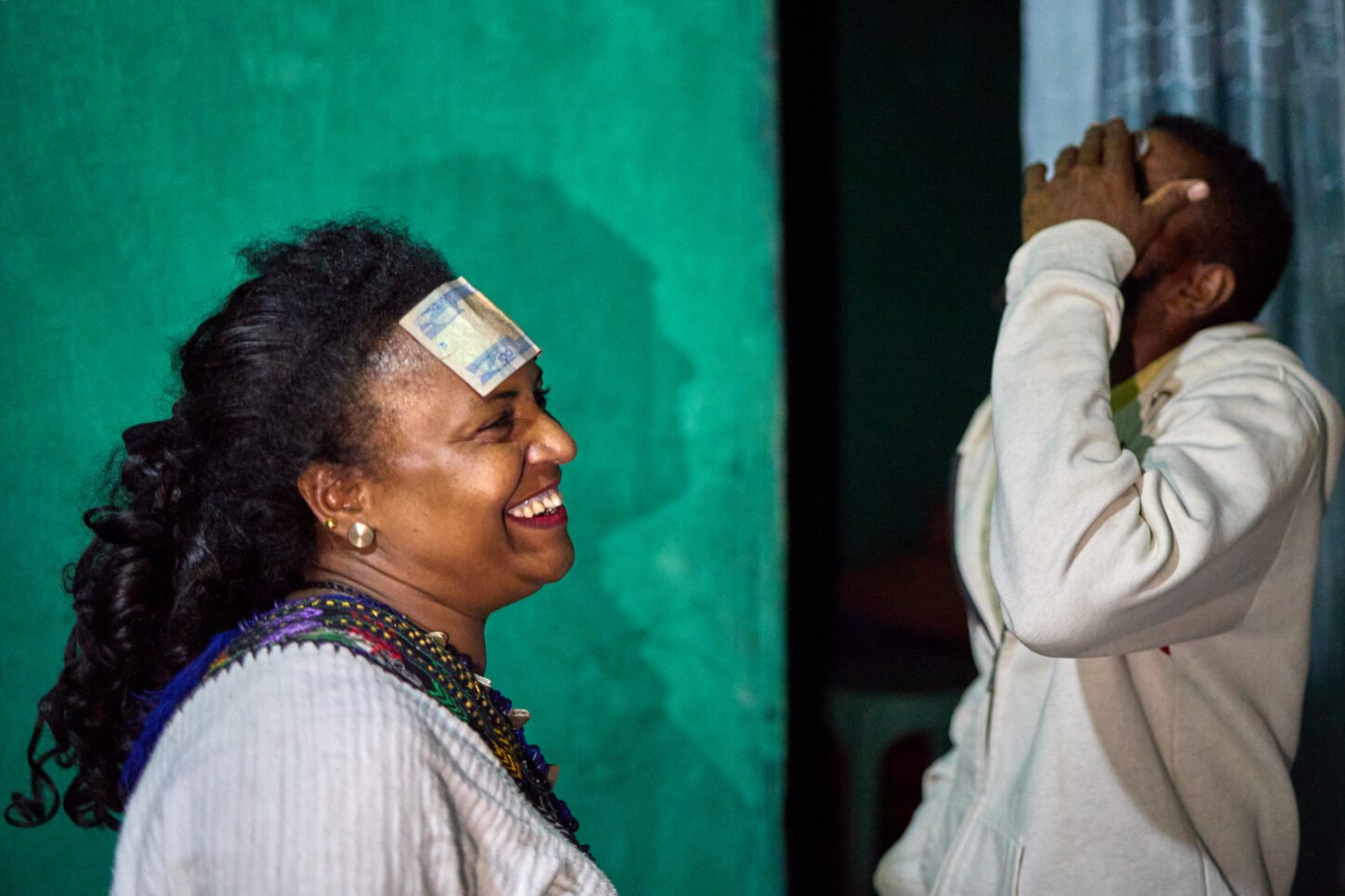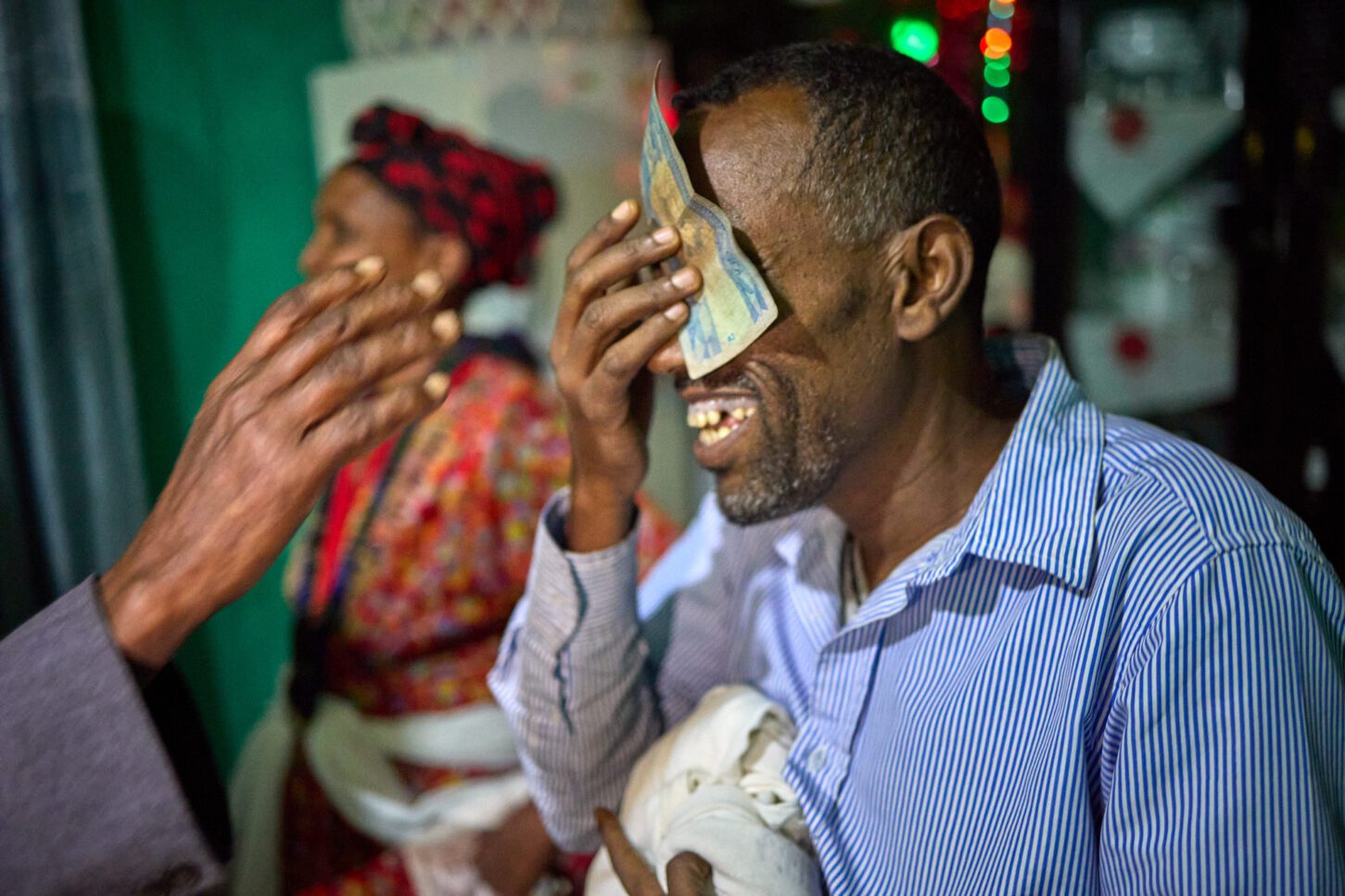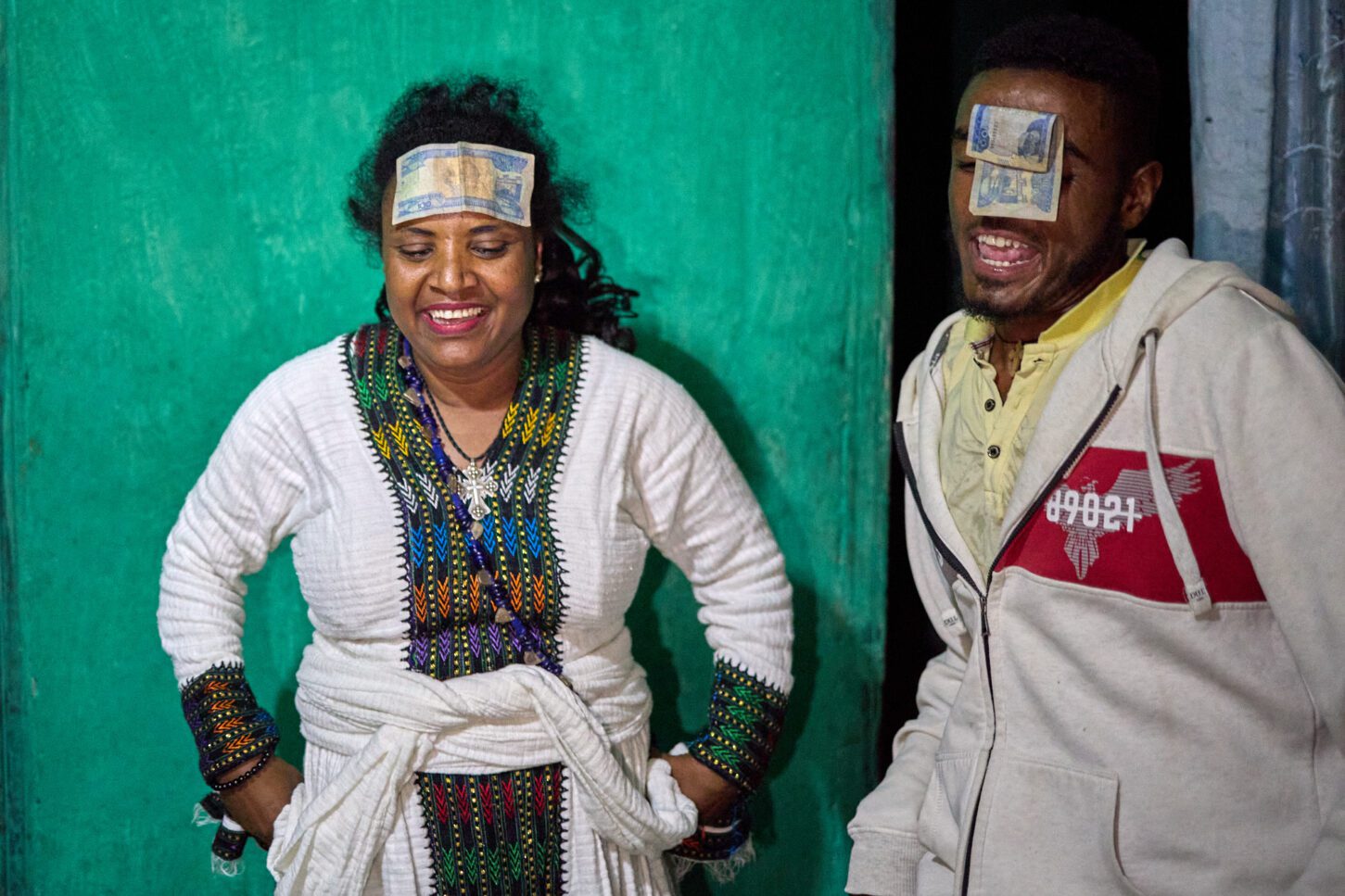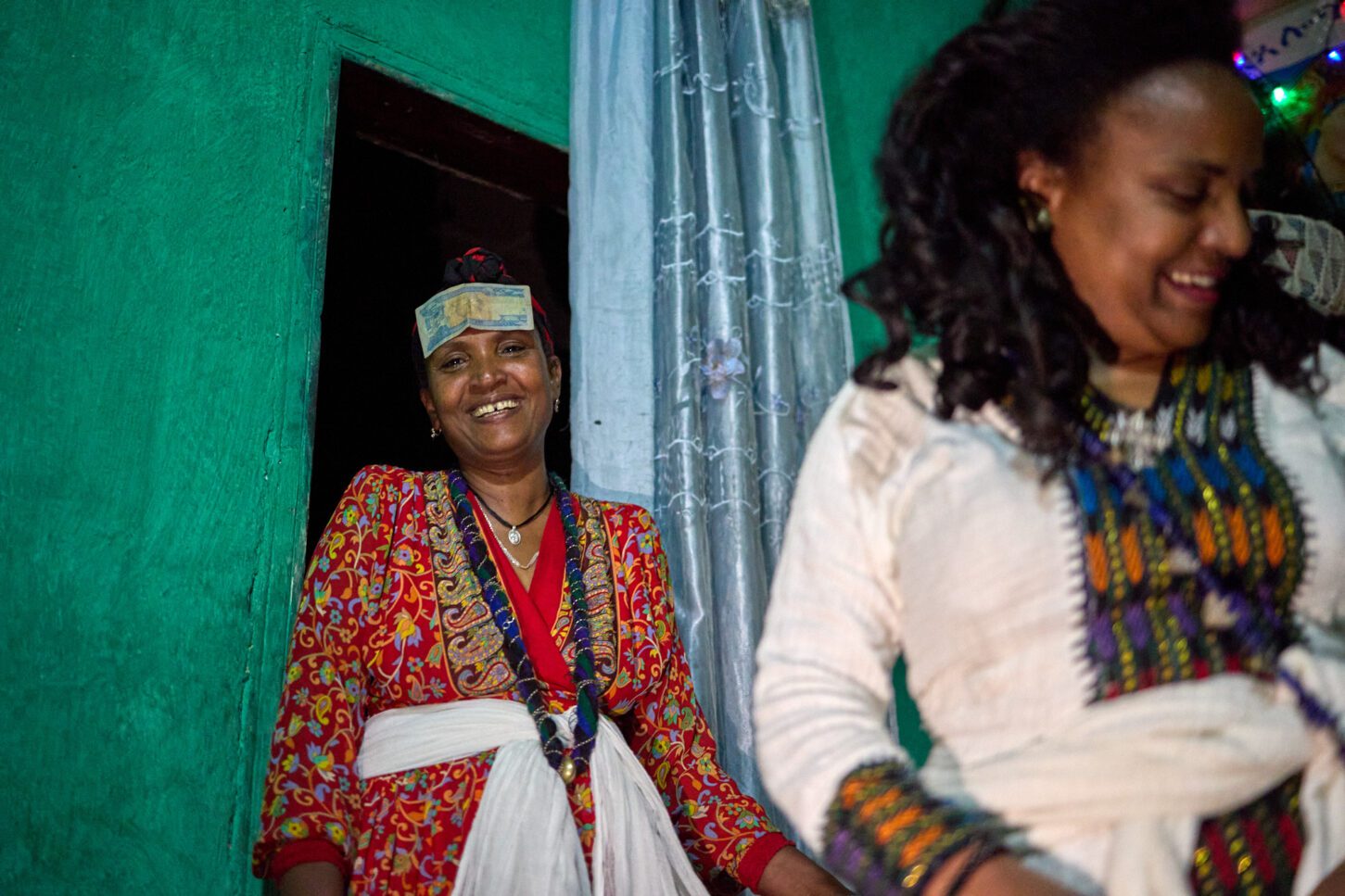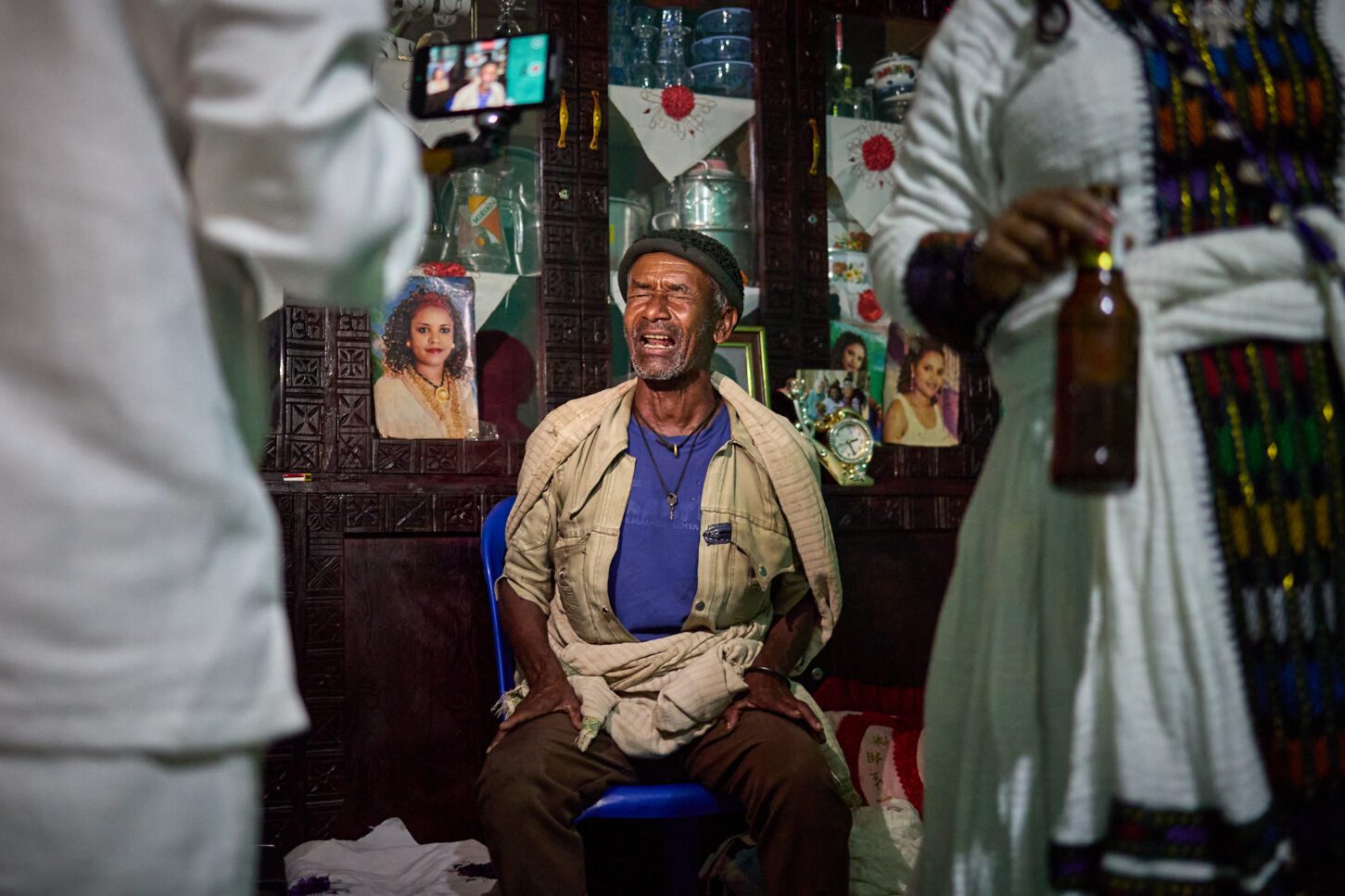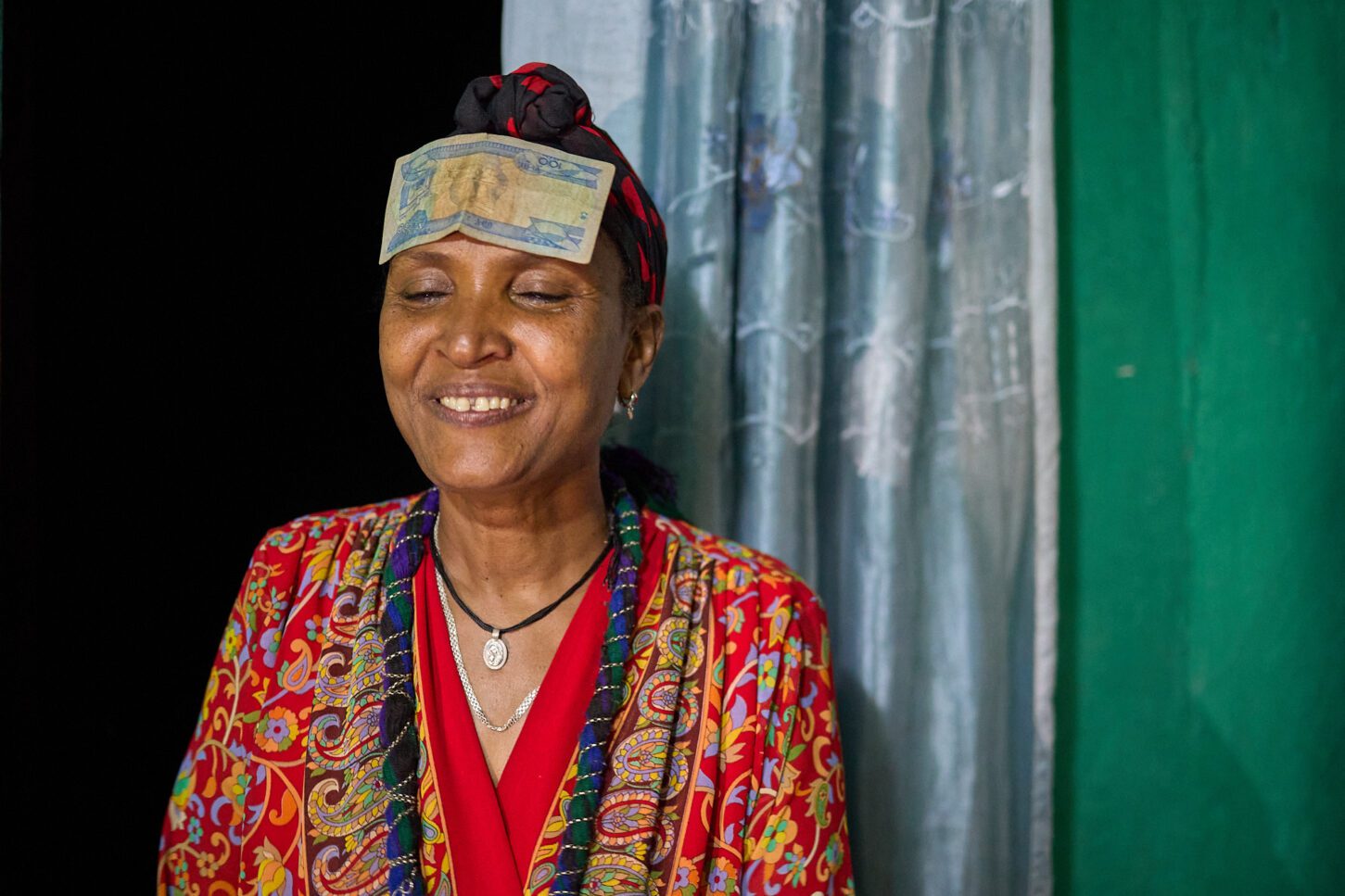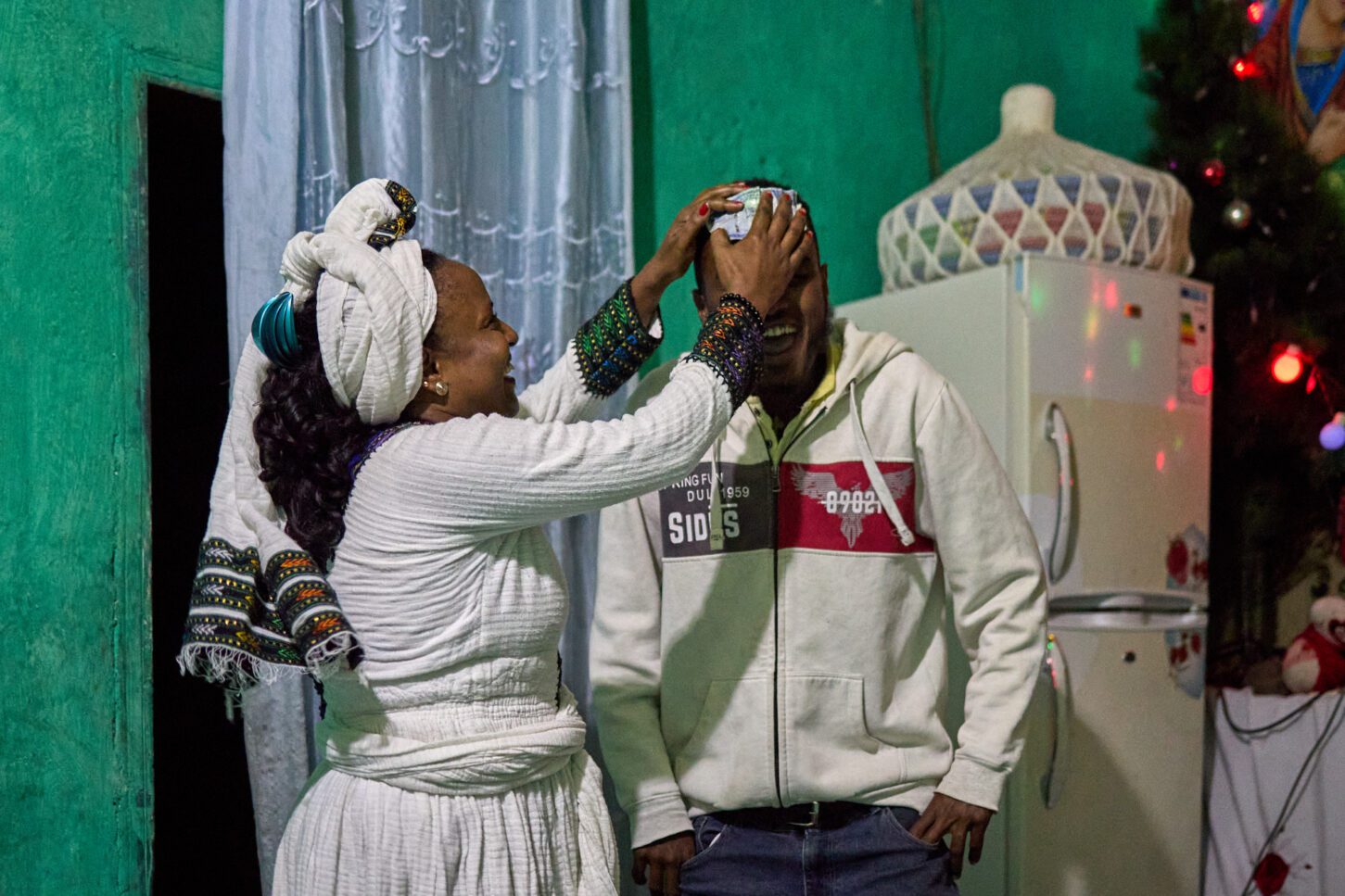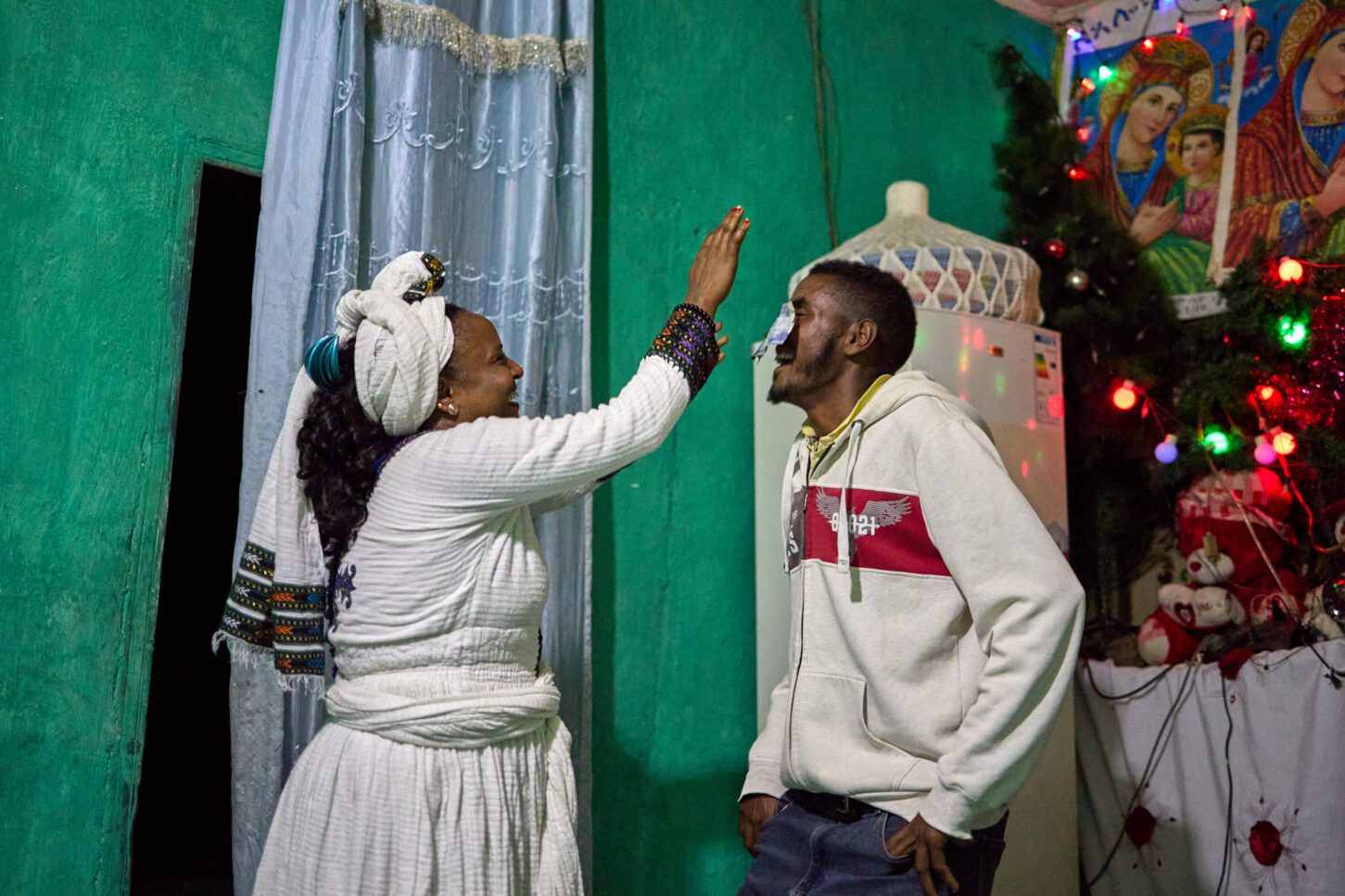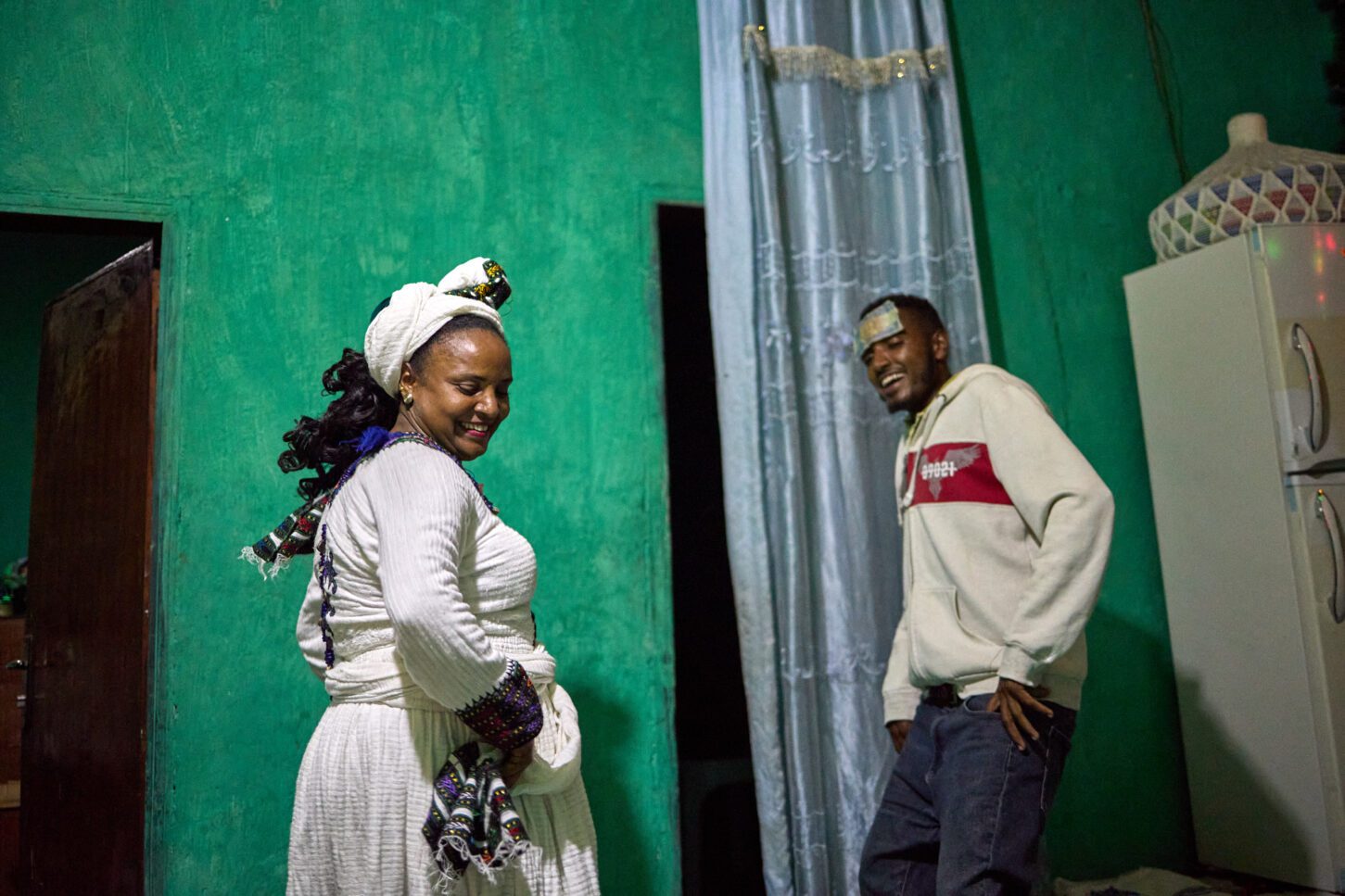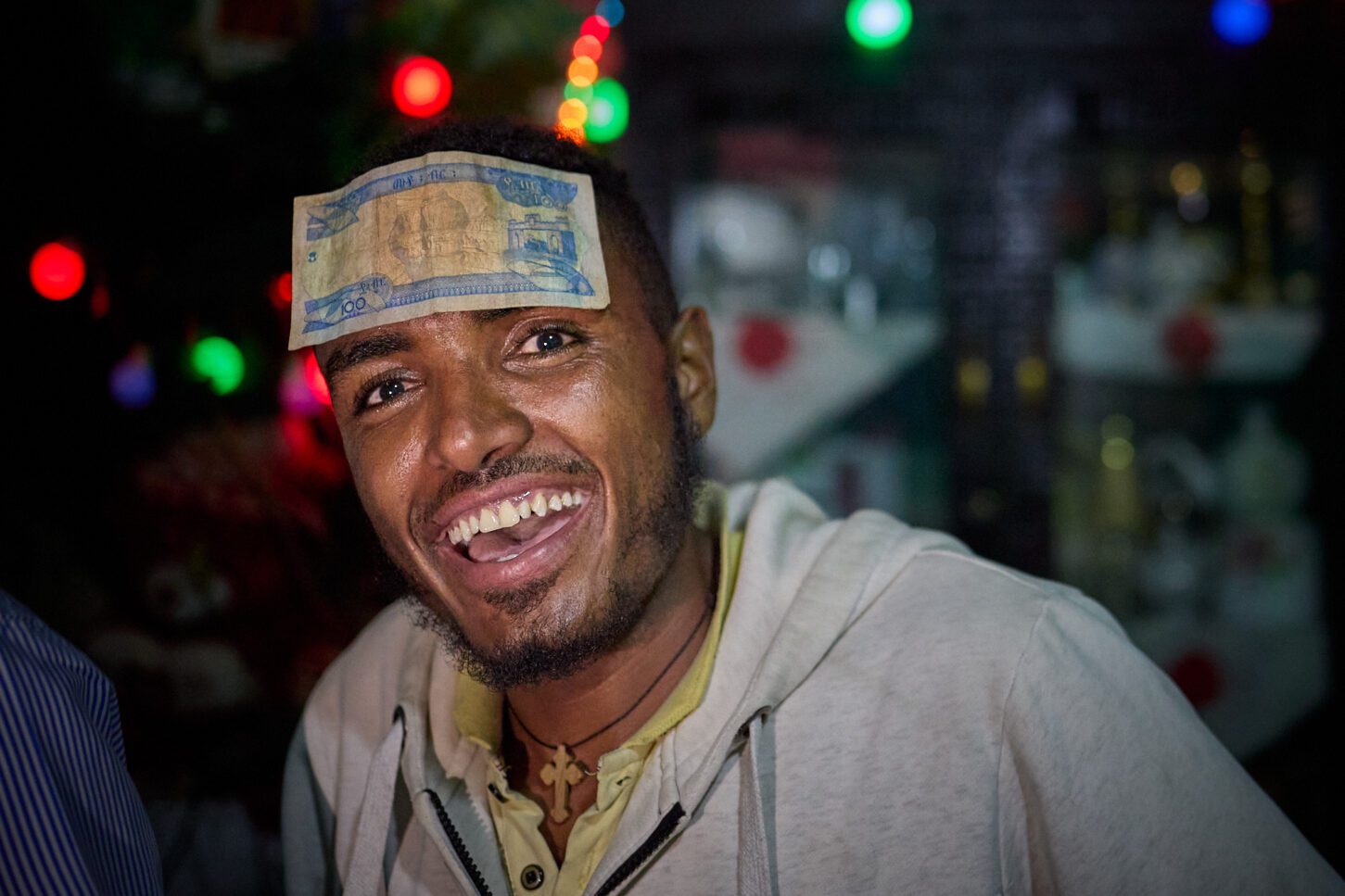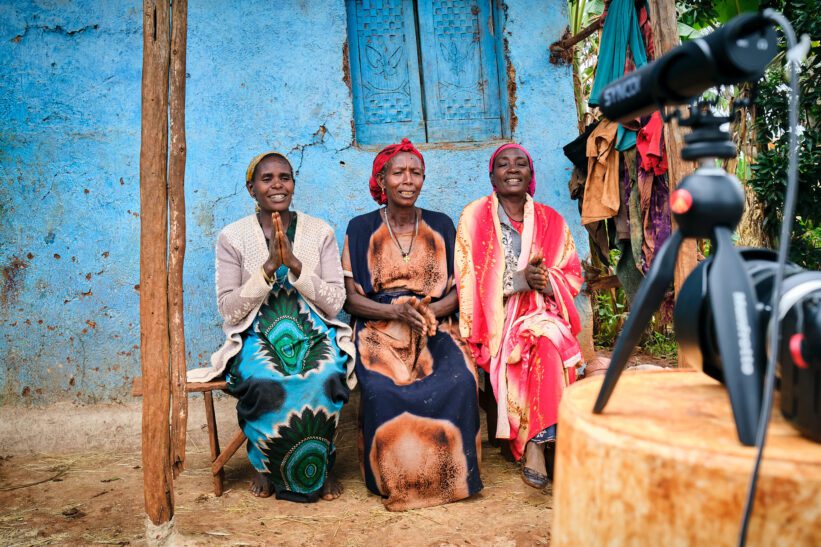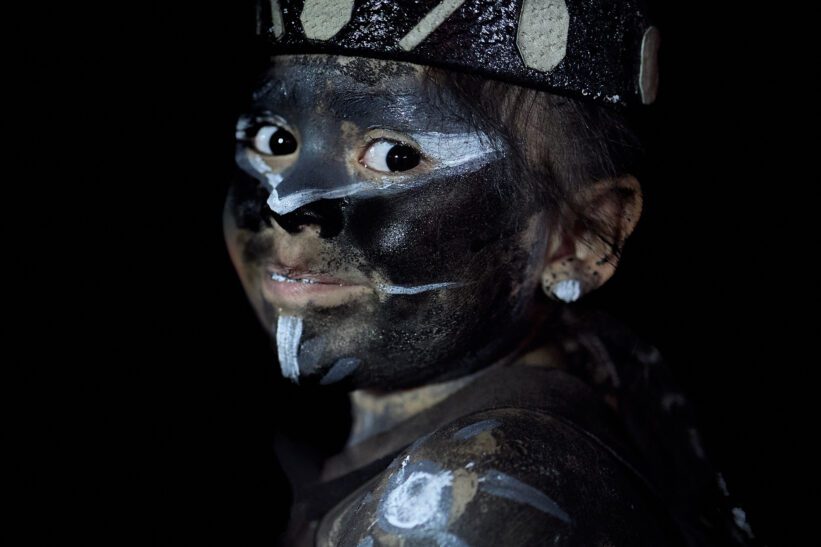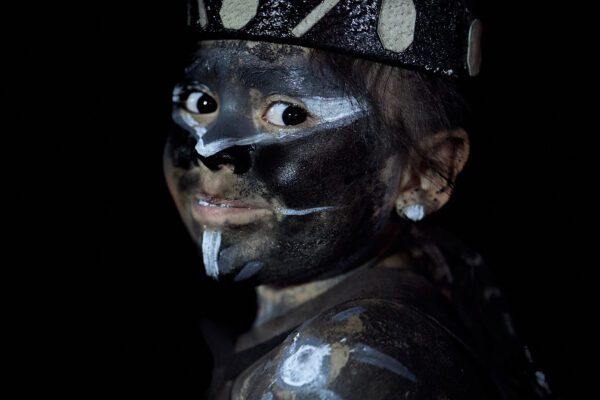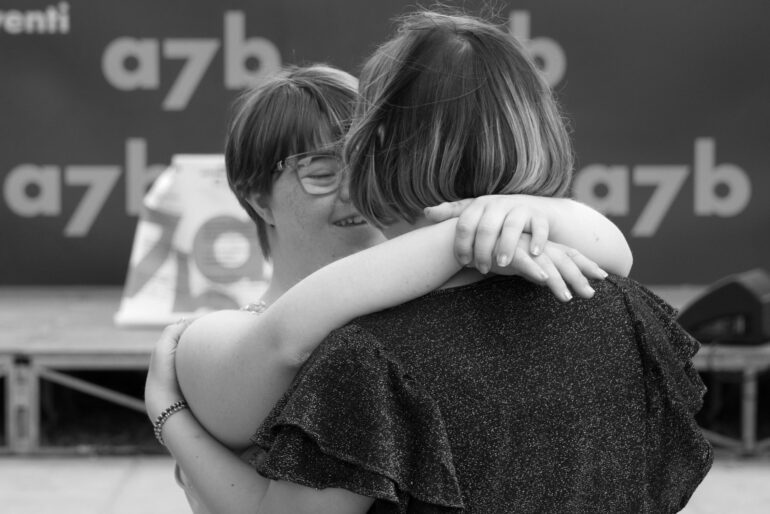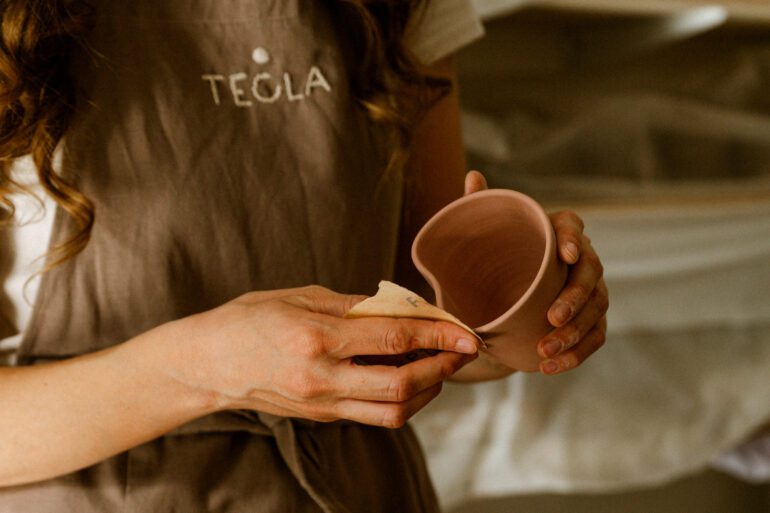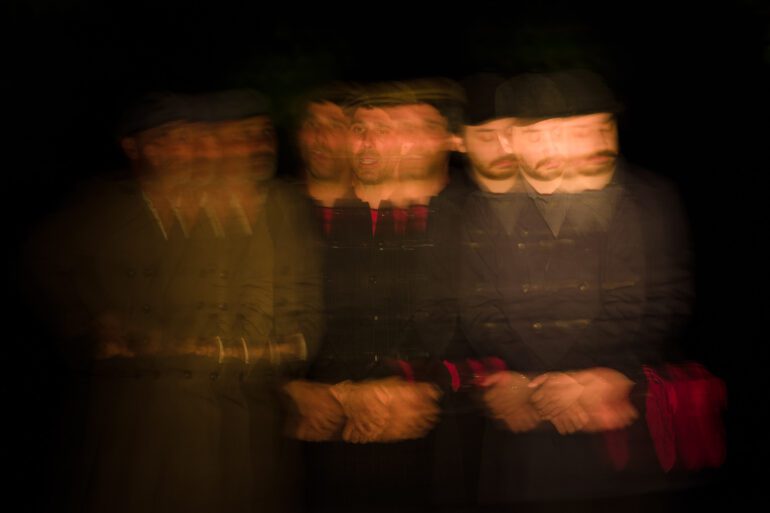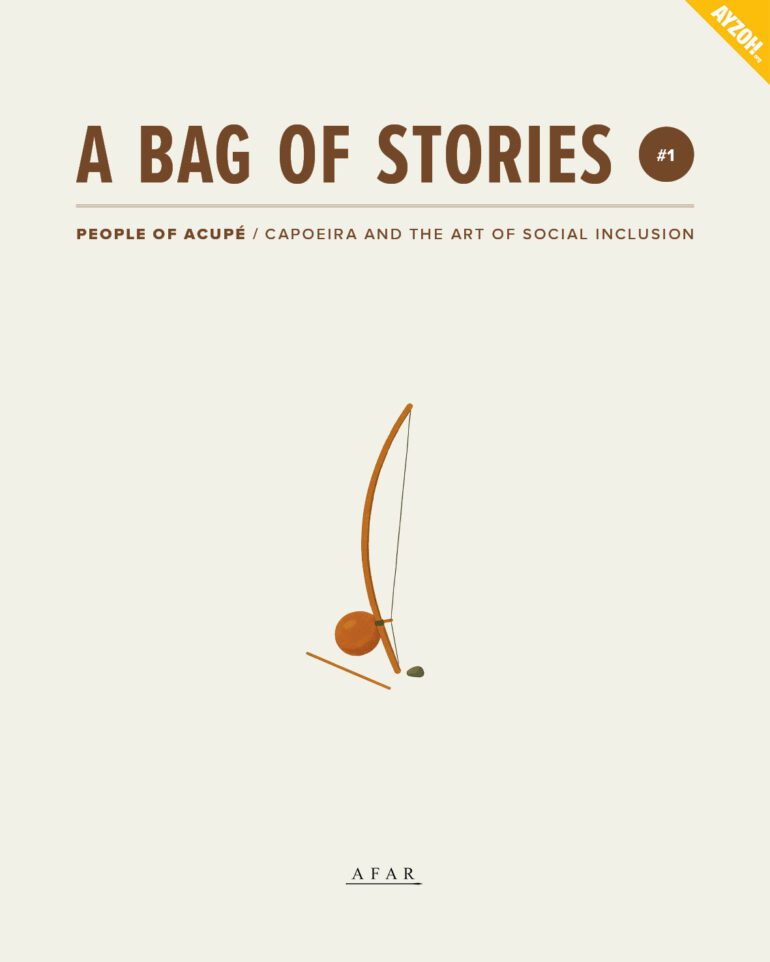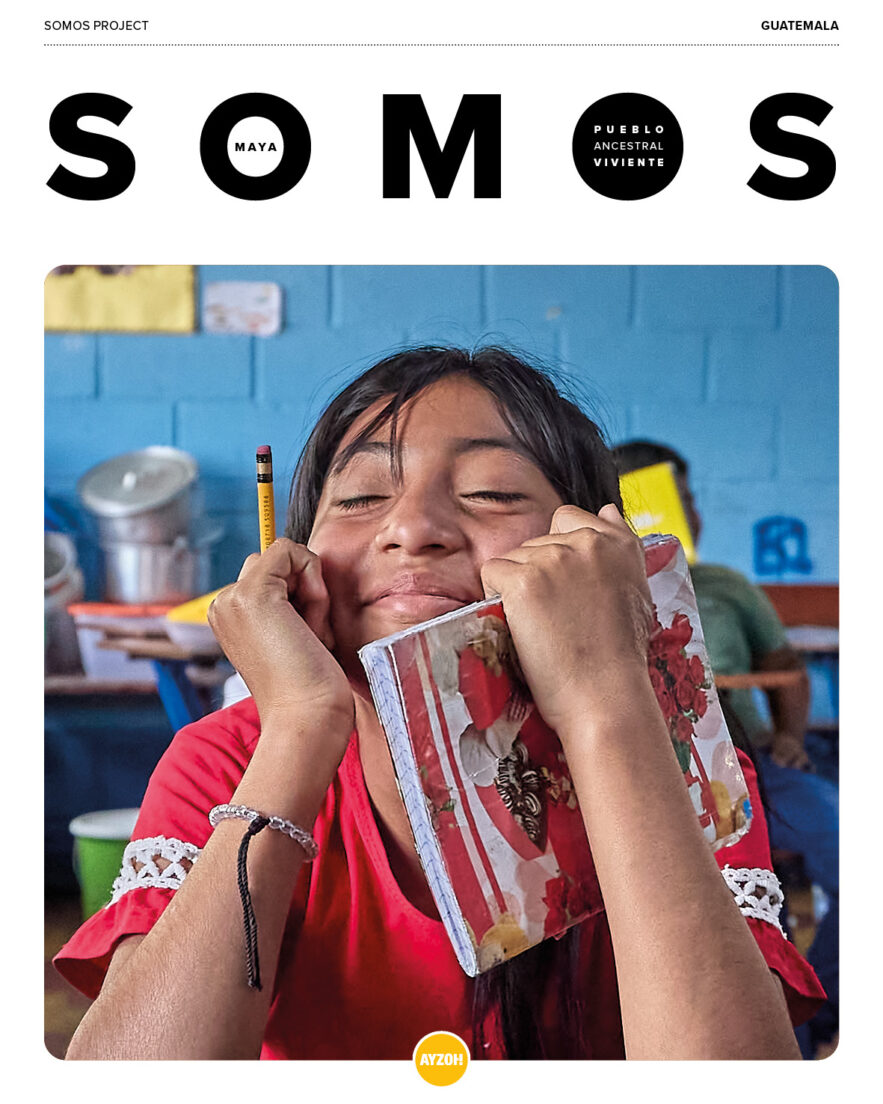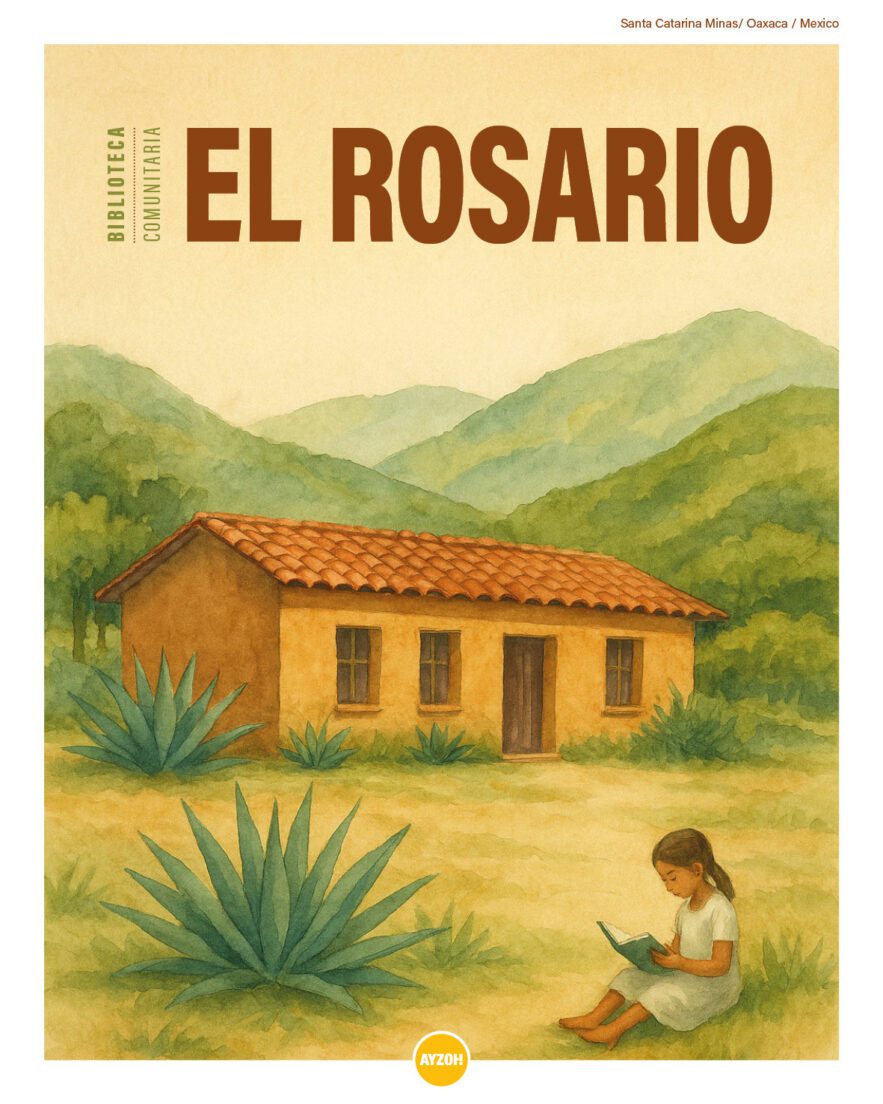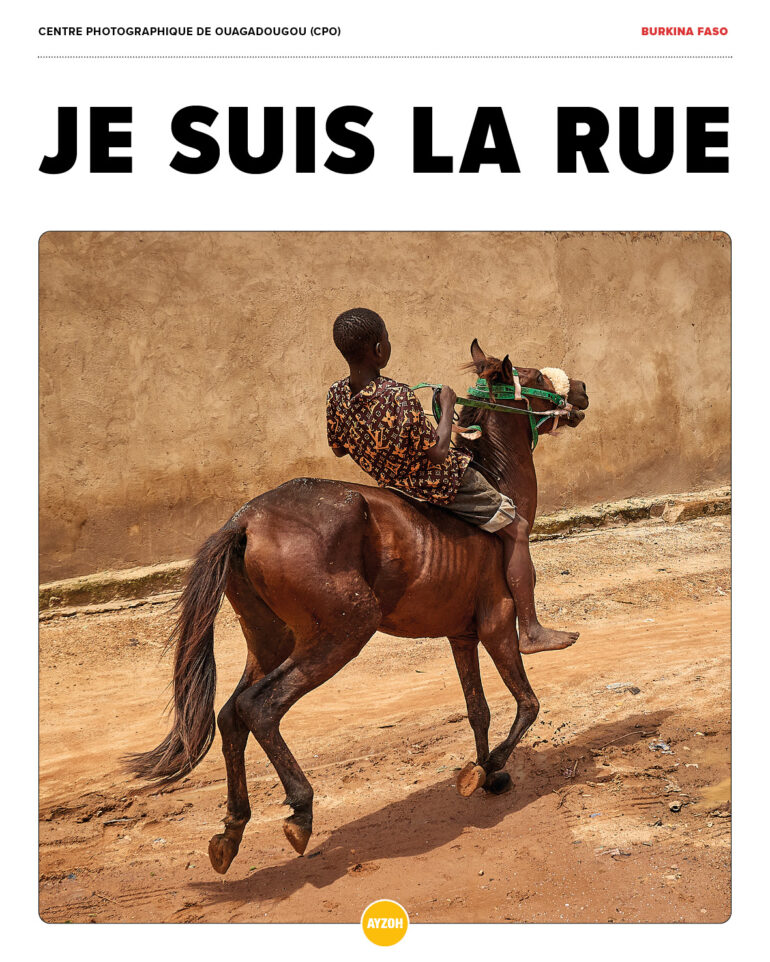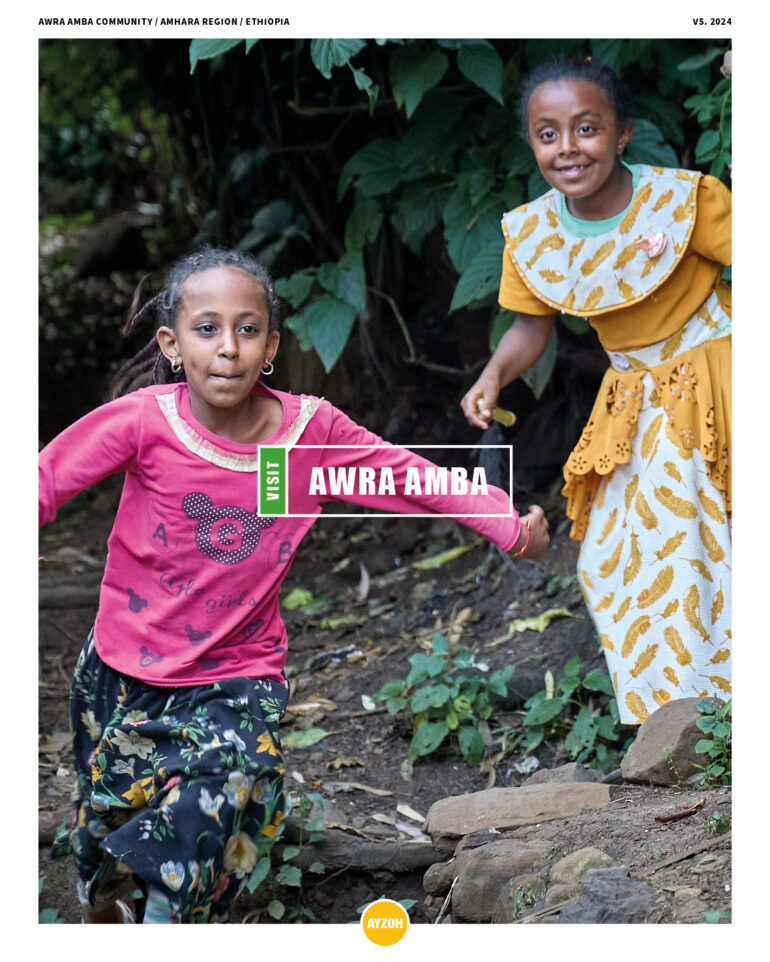In Ethiopia, there is a tradition that unfolds with music. As dancers move and singers raise their voices, a hand reaches out—not to interrupt, but to honor. A small note is placed on the forehead of the performer. Not tossed, not thrown. Placed.
It happens in bars where the tej flows thick and sweet. At weddings, birthdays, street corners, and in quiet rooms at the edge of town. It doesn’t matter who is watching. The gesture is always the same: respectful, deliberate, warm.
In Ethiopian culture, the forehead carries meaning. It’s associated with wisdom and blessing, a space not to be touched casually. So when someone lays a banknote there, it is more than appreciation. It’s recognition. It’s a blessing in return.
There is no stage here. The performer and the audience are part of the same circle. The dance is shared. The music belongs to everyone. Whether rich or poor, anyone can give what they have—and what they give matters.
For the artist, this isn’t just money. It’s affirmation. It says: You moved us. You brought something real into the room. You’re seen.
And because the gesture is repeated, passed down, and kept alive—it becomes something more: a thread in the weave of cultural memory. A way of ensuring that songs are not lost, that dances are not forgotten, that stories remain embodied.
This tradition doesn’t ask for headlines. It doesn’t perform for outsiders. But those who witness it often carry it with them—this quiet act of generosity, this simple and graceful exchange between artist and community.
You don’t need to speak Amharic, Tigrinya, Afar or Oromo to understand what’s happening. You just need to watch the hands, the movement, the face of the performer when the note touches their skin.
That’s the language.

